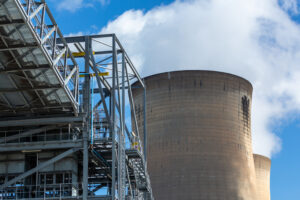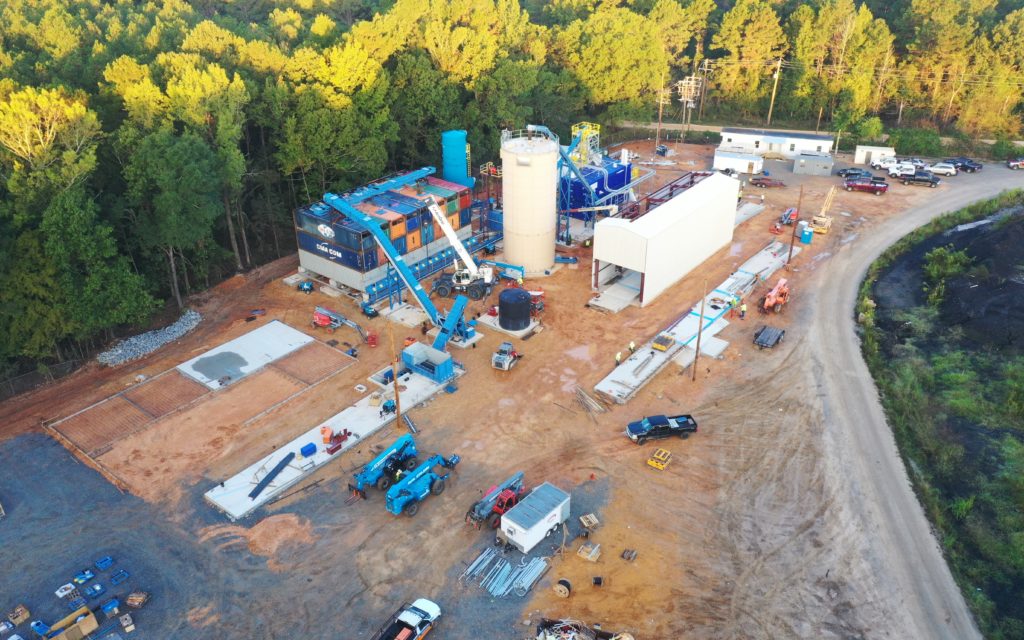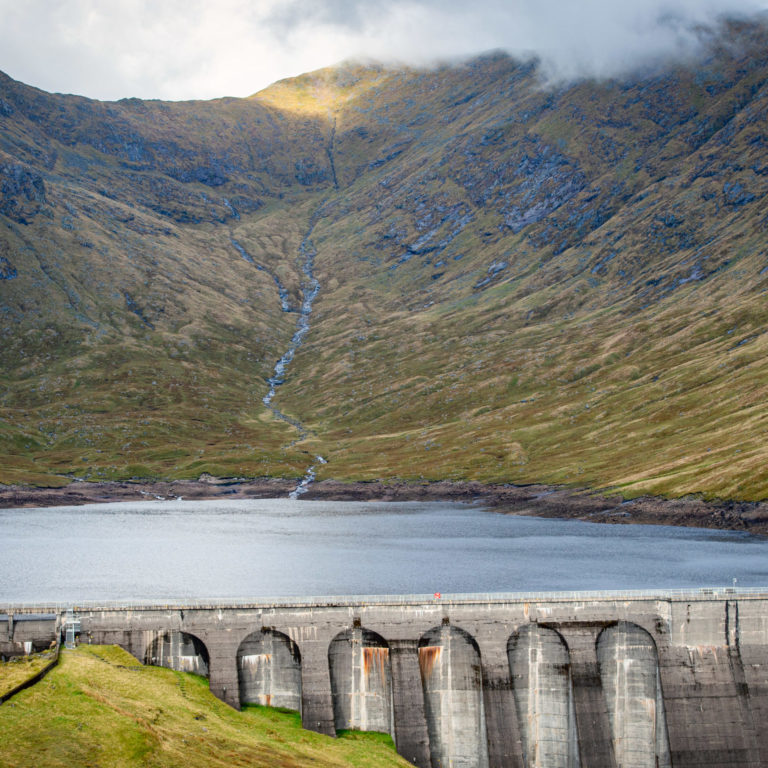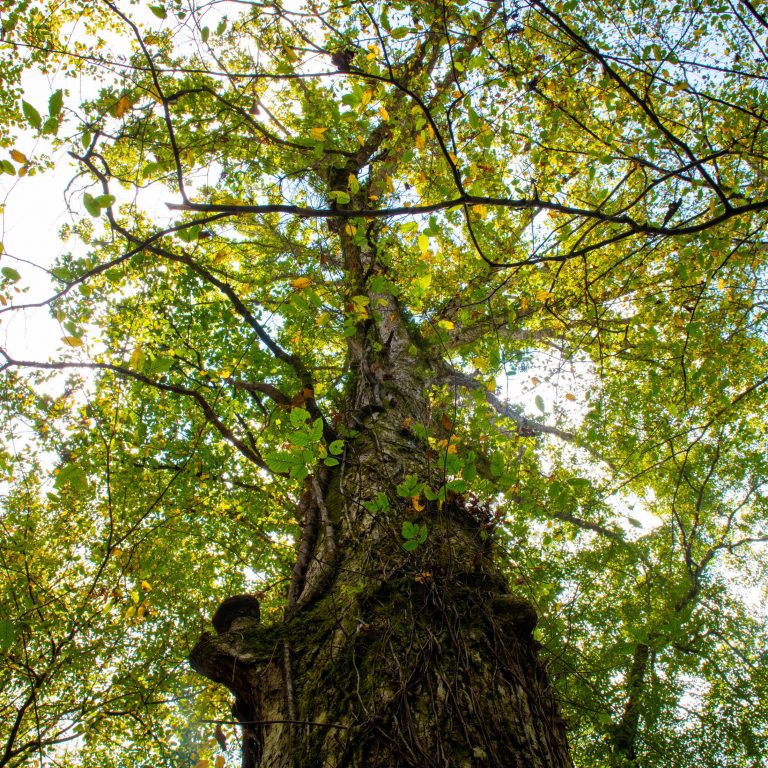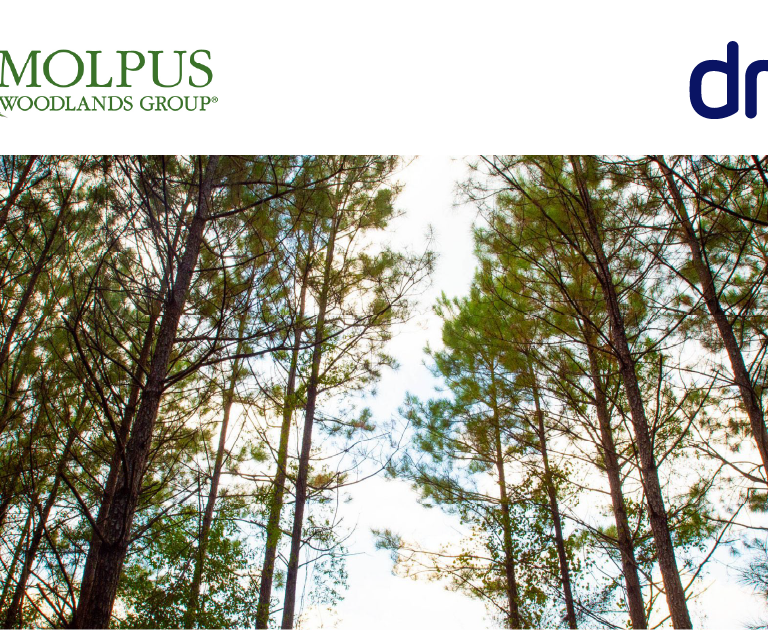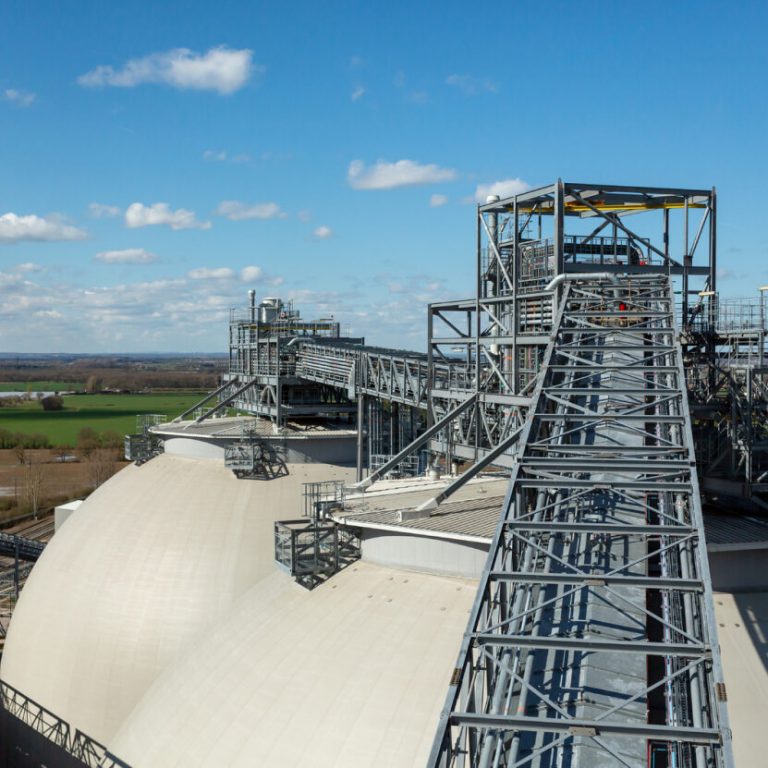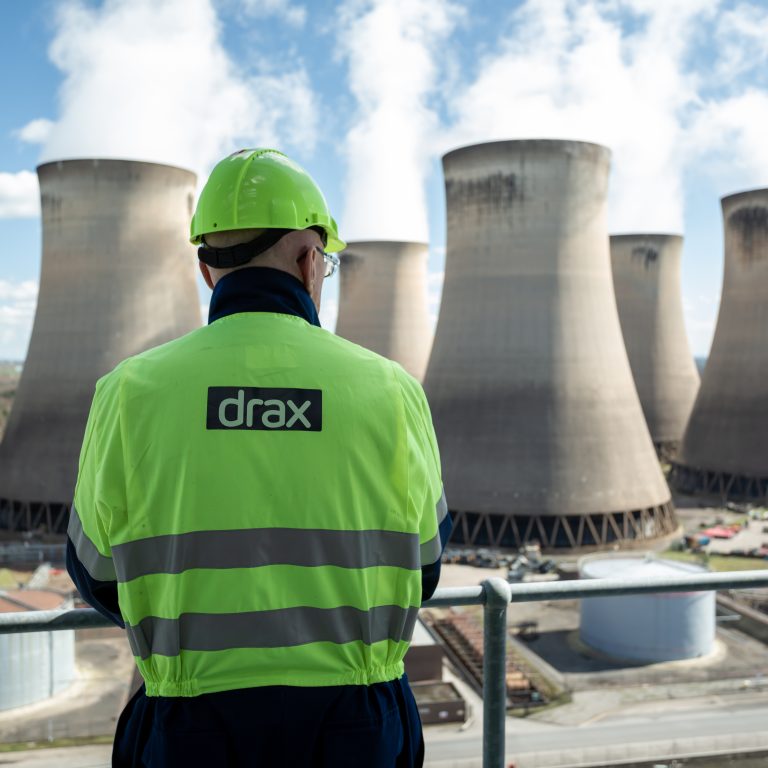Leola, in Grant County, Arkansas is part of a $40 million investment by Drax in the state, creating approximately 30 new direct jobs across all the three sites planned for Arkansas as well as many more indirect jobs.
Including Leola, Drax’s operates six pellet plants in the US, which use biomass sourced from sustainably managed working forests in Louisiana, Arkansas and Mississippi. The pellets are used at Drax Power Station in England to generate renewable electricity for millions of UK homes and businesses.
Drax’s conversion of its UK power station to sustainable biomass from coal was Europe’s largest decarbonisation project, reducing emissions from Drax’s power generation by 90% since 2012. Sustainable biomass is enabling Drax’s plans to deploy bioenergy with carbon capture and storage (BECCS) – a pioneering negative emissions technology which permanently removes millions of tonnes of carbon dioxide from the atmosphere.
Matt White, Drax Executive Vice President, Pellet Operations said:
“Drax has made excellent progress in delivering our $40m investment in Arkansas, with Leola – the first of three planned satellite pellet plants – now in operation.
“The investments we’re making will bring 30 direct jobs and many more indirect jobs and opportunities to rural communities in Arkansas alongside supporting international efforts to tackle climate change. These plants support Drax’s plans to develop bioenergy with carbon capture and storage – a vital negative emissions technology that will be needed around the world to tackle the climate emergency.”

The satellite plants are located near sawmills, so they can use the sawdust and other by-products produced when timber is processed, to make the pellets. Siting the pellet facilities near sawmills reduces infrastructure, operational, and transportation costs.
Construction of the second Arkansas satellite plant in Russellville, Pope County is underway with commissioning expected this year. Drax is continuing to develop plans for a third plant.
Picture caption: Aerial view of the Drax Leola pellet plant site in Grant County, Arkansas.
Media contacts:
Selina Williams
Media Manager
E: [email protected]
T: +44 7912 230 393
Editor’s Notes
- The sustainable biomass pellets produced at the new satellite plants will be transported to Bruce Oakley terminal in Little Rock, Ark. before being shipped south to Louisiana to oceangoing vessels.
- Each pellet plant is expected to produce 40kt per year, with the cluster expected to produce120kt per year in total.
- In addition to Leola, Drax has 13 operational pellet plants across the US South and Western Canada with nameplate capacity of c.4Mt, plus a further plant currently commissioning (in Demopolis, Alabama), with other developments/expansions which will increase production capacity to c.5Mt.
- The pellets are produced using materials sourced from sustainably managed working forests and are supplied to Drax’s power station in the UK and third-party customers in Europe and Asia to generate renewable power.
- In 2020, around 43% of the material used to produce the pellets used to generate renewable power at Drax Power Station came from sawmill residues (sawdust and other by-products). The rest came from low-grade material such as treetops, limbs and misshapen and diseased trees not suitable for other use and thinnings – small trees removed to maximise the growth of the forest.
About Drax
Drax Group’s purpose is to enable a zero carbon, lower cost energy future and in 2019 announced a world-leading ambition to be carbon negative by 2030, using Bioenergy with Carbon Capture and Storage (BECCS) technology.
Its 3,400 employees operate across three principal areas of activity – electricity generation, electricity sales to business customers and compressed wood pellet production and supply to third parties. For more information visit www.drax.com
Power generation:
Drax owns and operates a portfolio of renewable electricity generation assets in England and Scotland. The assets include the UK’s largest power station, based at Selby, North Yorkshire, which supplies five percent of the country’s electricity needs.
Having converted Drax Power Station to use sustainable biomass instead of coal it has become the UK’s biggest renewable power generator and the largest decarbonisation project in Europe. It is also where Drax is piloting the groundbreaking negative emissions technology BECCS within its CCUS (Carbon Capture Utilisation and Storage) Incubation Area.
Its pumped storage, hydro and energy from waste assets in Scotland include Cruachan Power Station – a flexible pumped storage facility within the hollowed-out mountain Ben Cruachan.
The Group also aims to build on its BECCS innovation at Drax Power Station with a target to deliver 4Mt of negative CO2 emissions each year from new-build BECCS outside of the UK by 2030 and is currently developing models for North American and European markets.
Pellet production and supply:
The Group has 13 operational pellet plants with nameplate capacity of c.4Mt, plus a further two plants currently commissioning and other developments/expansions which will increase this to c.5Mt once complete.
Drax is targeting 8Mt of production capacity by 2030, which will require the development of over 3Mt of new biomass pellet production capacity. The pellets are produced using materials sourced from sustainably managed working forests and are supplied to third party customers in Europe and Asia for the generation of renewable power.
Drax’s pellet mills supply around 30% of the biomass used at its own power station in North Yorkshire, England to generate flexible, renewable power for the UK’s homes and businesses.
Customers:
Drax is the largest supplier of renewable electricity to UK businesses, supplying 100% renewable electricity as standard to more than 370,000 sites through Drax and Opus Energy.
It offers a range of energy-related services including energy optimisation, as well as electric vehicle strategy and management.
To find out more go to the website www.energy.drax.com





